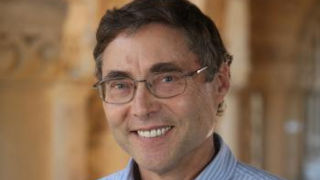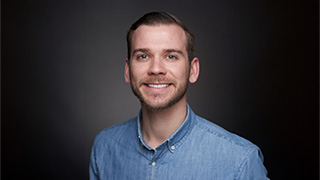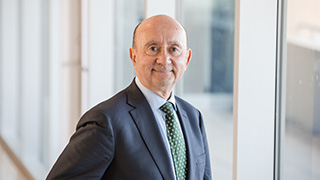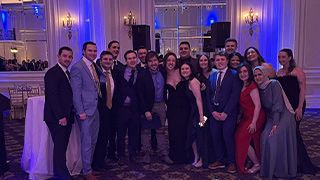"Taking Scientific Approach to Teaching Science" A Lecture by Nobel Laureate Carl Wieman
Tuesday, September 29, 2020

Guided by experimental tests of theory and practice, science has advanced rapidly in the past 500 years. Guided primarily by tradition and dogma, science education, meanwhile, has remained largely medieval. Research on how people learn is now revealing much more effective ways to teach and evaluate learning than what is in use in the traditional science class. Students and instructors find such teaching more rewarding.
Wieman's presentation will focus on this research, which is setting the stage for a new approach to teaching and learning that can provide the most relevant and effective science education needed for all students in the 21st century. He will also cover more meaningful and effective ways to measure the quality of teaching. Although the focus of the talk is on undergraduate science and engineering teaching, where the data is the most compelling, the underlying principles come from studies of the general development of expertise and apply widely.
About Carl Wieman
Carl Wieman is a professor of physics and education at Stanford University. He has
done extensive experimental research in both atomic physics (Nobel Prize in physics, 2001) and university science and engineering education (Carnegie Foundation Professor
of the Year, 2004). He founded PhET, which provides online interactive simulations that are used 100 million times/year
to learn science, and recently published a book titled Improving How Universities Teach Science. He is currently studying expertise and problem solving in science and engineering
disciplines and how this can be better measured and taught.
Please click here to register for the event.
Categories: Campus Life, Research, Science and Technology





